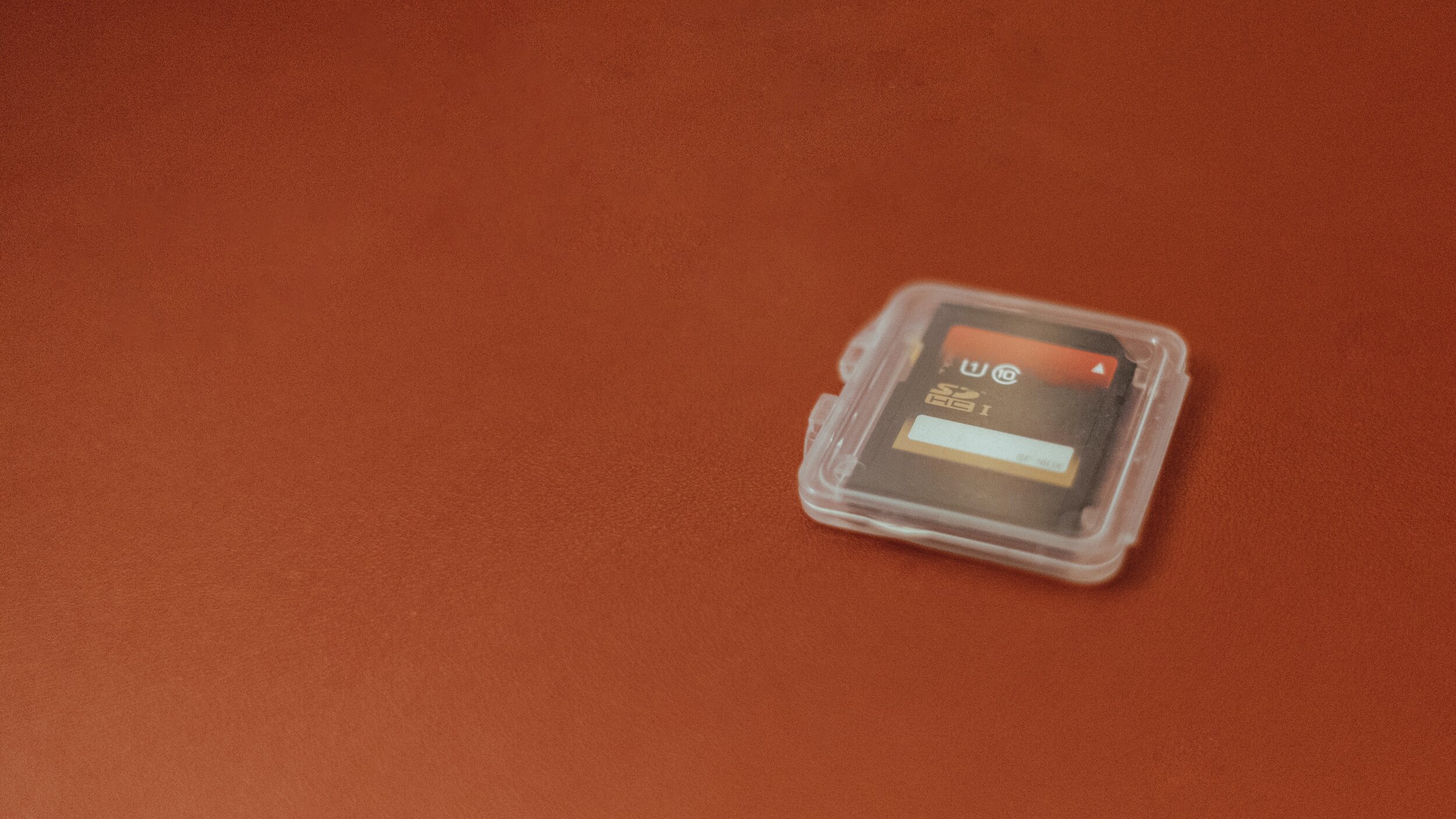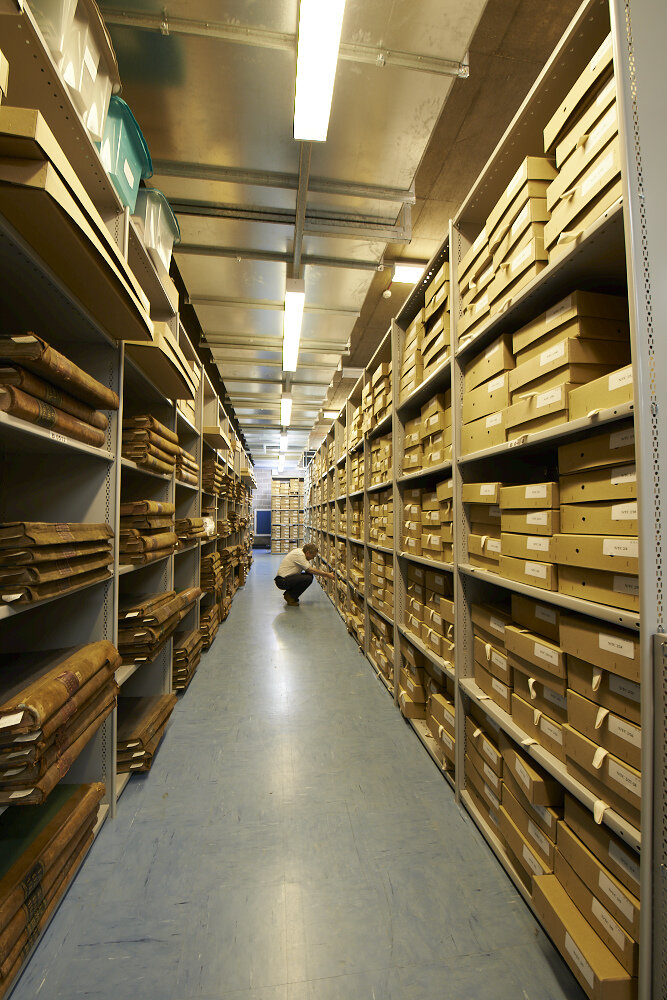
Collecting Archives
Policy and Strategy Development
Projects work better if there is general agreement amongst the people involved on what they are trying to achieve and how they are going to go about it. If you are collecting archives it is a good idea to have a collection policy in place so that everyone agrees on what you are collecting (and what you are not!), how you are going to make it accessible and how you are going to help preserve it.
Archive services may be able to help you develop an overriding policy covering all these areas and a strategy to implement it.
Documentation Development
When collecting archives of any kind, it is important to make sure you have the right documentation in place. This will help you manage the archive in a sustainable way by providing information on rights, ownership and data sensitivity, as well as essential contextual information, which adds so much to its informational value and proof of authenticity.
Capturing this information will make your resource sustainable by enabling you and your successors to answer important questions, for example – is the archive a loan or a gift? Does it contain information that shouldn’t be in the public domain? Can anything be disposed of? Can it be published online?
Archive services may be able to help you develop this documentation and ensure you are confident you are collecting the information you need.
Cataloguing
It is difficult to overstate the importance of the information contained in catalogues. They are the key to ensuring that archives can be identified and explained; the better the catalogue, the more useful the archive.
Cataloguing is also a great way of engaging people with heritage. Identifying people in photographs, properties in title deeds or topics in letters are all great ways of capitalizing on local knowledge. You will also be bringing people together to discuss the past, which in itself brings many wellbeing benefits.
Use archive services to help you develop a simple system for cataloguing, enabling you to capture data which can be easily searched and which, by meeting international archive standards, can be reused, shared and sustained for the long term.
Packaging & Storage
No archive is sustainable if it does not preserve its collection.
If you are keeping the archives, it is important to plan how you are going to preserve them. Archive services can help you plan a preservation strategy by providing advice on environmental conditions, packaging, prioritization, cleaning, security and protecting archives when in use.
As well as helping with advice and training, archive services can often help with sourcing archival grade materials and boxes for you.
Conservation Services
There are times when archives are in such poor condition that they can only be used after they have been conserved. Repairing documents without causing further damage requires specialist skills. Many archive services have professionally qualified conservators on their staff who can provide this service.
Digital Collecting
Many of the topics outlined above are also relevant to collecting archives digitally. If you are making digital copies of items which remain in private ownership, it is still important that you record rights and contextual information, that you catalogue the digital files and that you plan how you are going to preserve them.
You can use archive services to help you plan a digital project, develop digitization procedures and ensure that your digital archive has long-term sustainability.
Oral History
As well as being an essential tool for capturing personal experience and memories of the past, oral history is a great means of involving people of all ages with heritage and of developing new skills.
When planning an oral history project, you need to consider technical factors such as the equipment and file formats; interview procedures and techniques; permissions required to enable you to use the recordings; cataloguing; storage; and how you are going to make them accessible.
Archive services can provide training on all of these aspects of oral history work.
Depositing with Archive Services
If you are collecting archives, what happens to them when your project ends?
One easy way to ensure that they have a sustainable future is to deposit them in with an archive service. This means that their long-term public accessibility and preservation will be secured.
If this is what you intend to do, it is important that you talk to your local Archive Service when planning your project. We suggest that you check two things during the planning stages:
That the Archive Service collection policy covers the records you are seeking to deposit and that they are willing to accept them
That your project budget (including any associated grant funding) caters for the cost of the Archive Service of taking the archives in (most often referred to as accessioning) as well as any associated cataloguing and packaging work. Of course, if you carry out packaging and cataloguing as part of your project, provided that it meets archival standard, this will make the process much easier.








